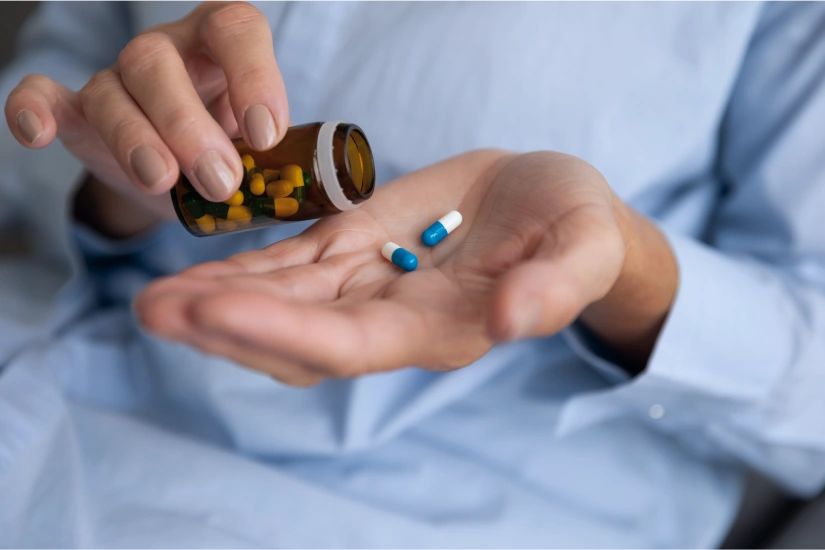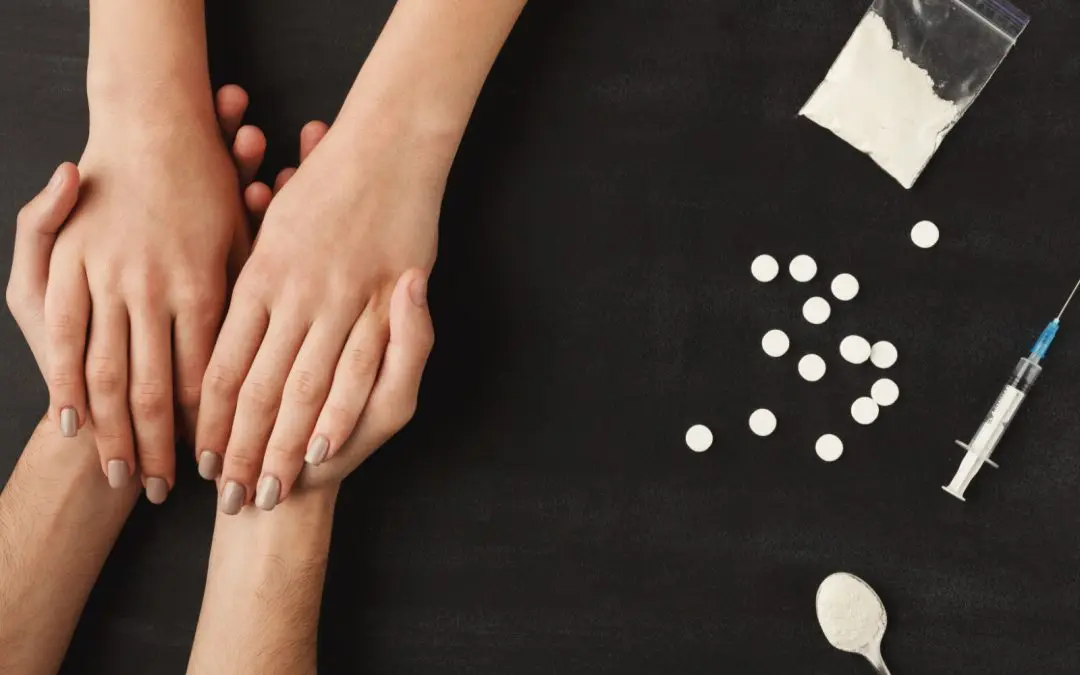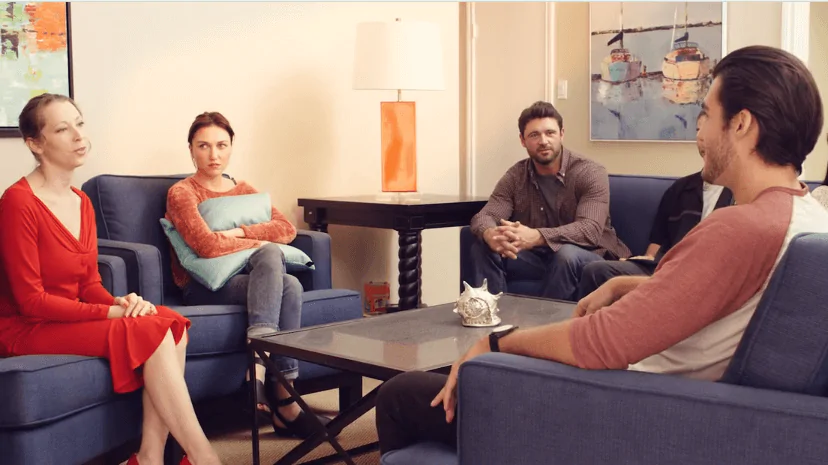24/7 Helpline:
(866) 899-221924/7 Helpline:
(866) 899-2219
Learn more about Ritalin Rehab centers in Houghton Lake Heights
Ritalin Rehab in Other Cities

Other Insurance Options

Kaiser Permanente

Holman Group

Aetna
Beacon

Ceridian

Health Partners

Medical Mutual of Ohio

Oxford

MHNNet Behavioral Health

Molina Healthcare

American Behavioral

Humana

Health Choice

Choice Care Network

Amerigroup

Evernorth

Coventry Health Care

Carleon

UMR

Access to Recovery (ATR) Voucher







Mission Teens – The Lion’s Den MBTC
Mission Teens – The Lion’s Den MBTC (Mission Bible Training Center), located in Roscommon Michigan, ...
























Northern Lakes Community Mental Health
Northern Lakes Community Mental Health is a public rehab located in Houghton Lake, Michigan. Norther...


















